Global crises increasingly shows that our current educational systems and learning paradigms are insufficient and, in fact, threatening to life. An educational (not to mention a research) paradigm guided by the dynamics of competition, scarcity, monodisciplinarity, and extractivism mirrors the visible and dire consequences of the accumulation of global capital on living beings and the planet. Within these concerns, the following research questions guide the Social Practices research program: What are the shifts in values, practices, and infrastructures needed in the ways that we learn and live otherwise? How can cultural and artistic practices be constitutive tools used in an extended learning process to produce social change? What are the methods to address, explore and unlearn the dimensions of oppression, power and privilege that are part of our own lives, relations, tools, structures, histories and beliefs?
Along with the research line transformative pedagogy, the Social Practices research program, headed by Michelle Teran, works together with the WdKA Social Practices study program focusing on research around social relations, collaboration, and embodiment. These areas are open to intersectional inquiries into education and the commons, collective practices and collective infrastructures, alternative approaches to learning and self-organization, embodied and situated knowledges, decoloniality, politics of care, independent publishing and counter-memory. In Social Practices we are often working in multi-disciplinary activities that exist between artistic and non-artistic disciplines and question the role of art, design or any forms of cultural activity and labor. The research unfolds at the intersection of arts, activism, pedagogy, and community-engaged work.
The Social Practices research programme aims to develop research that is ethical, respectful and humble. The research programme engages with practice-based research, and is committed to artistic, decolonial and convivial approaches to research through and with practice.
The Social Practices research programme hosts an interfaculty research group on caring infrastructures and pedagogies of care as well as developing online and print publications, public lectures and workshops. The lectorate contributed as knowledge partner to two multi-year research projects funded by Erasmus+ and NWO on embodiment and hybrid learning, liveness, hybrid publishing and living archives (both in response to the Covid pandemic). Social Practices research is dedicated to augmenting networks and partnerships with local initiatives in Rotterdam, contemporary and cultural art spaces, national and international partners.
All Social Practices projects listed here
Contact
Michelle Teran – practice-oriented research professor (Dutch: lector) Social Practices
c.m.teran@ubermatic.org
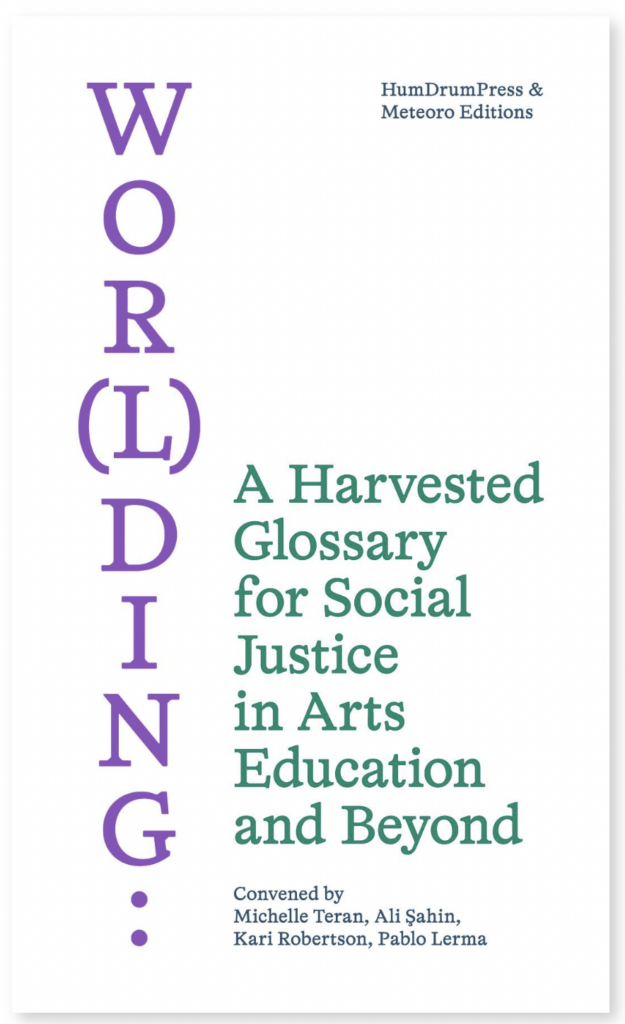 “>
“>
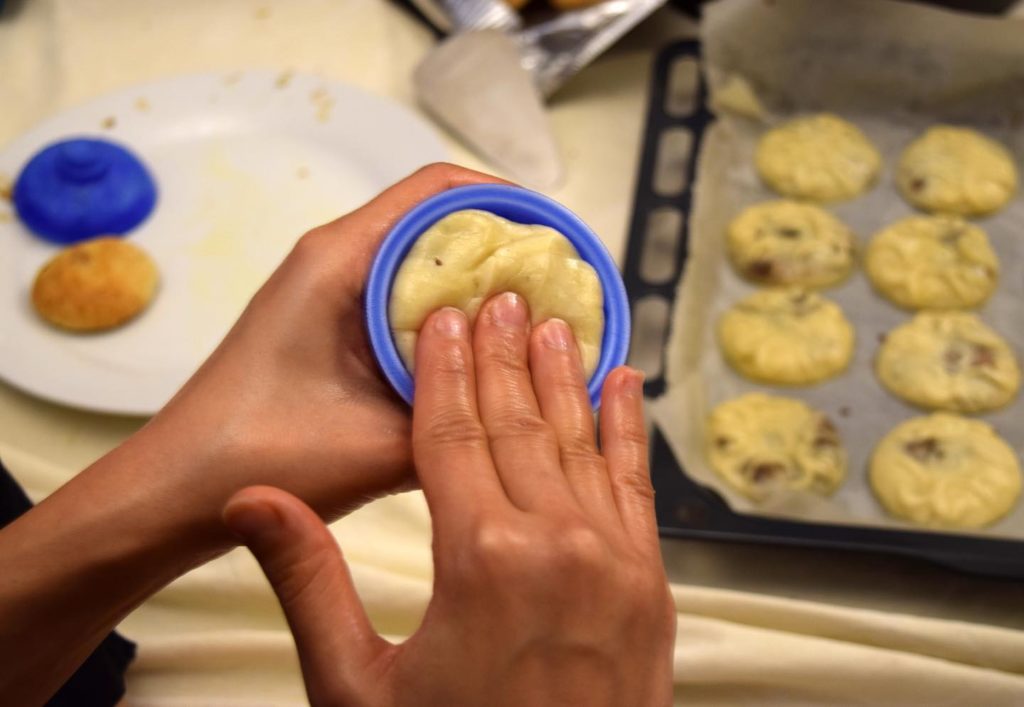 “>
“>
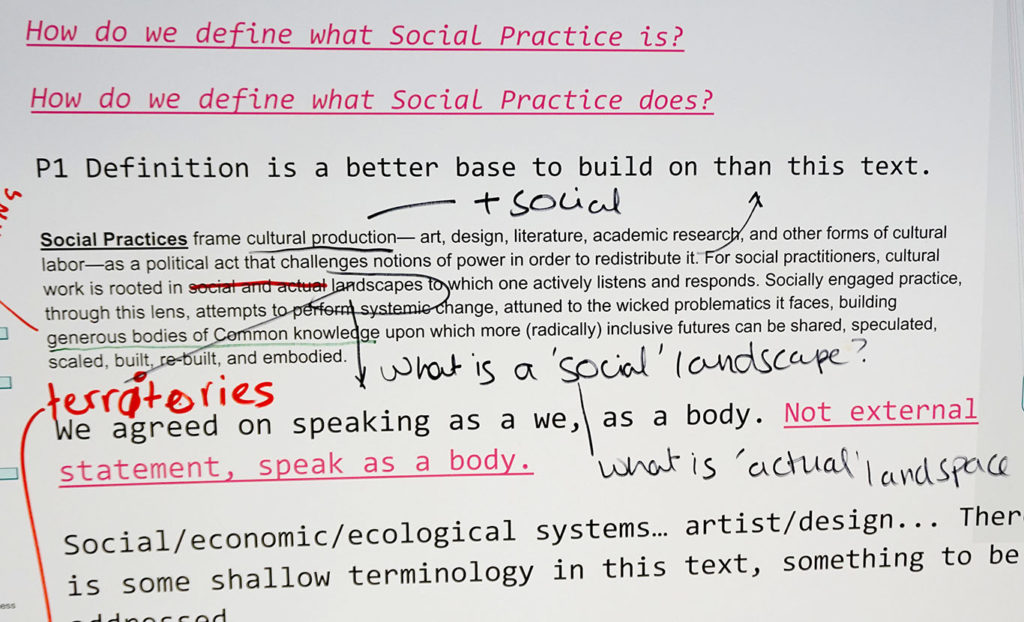 “>
“>
 “>
“>
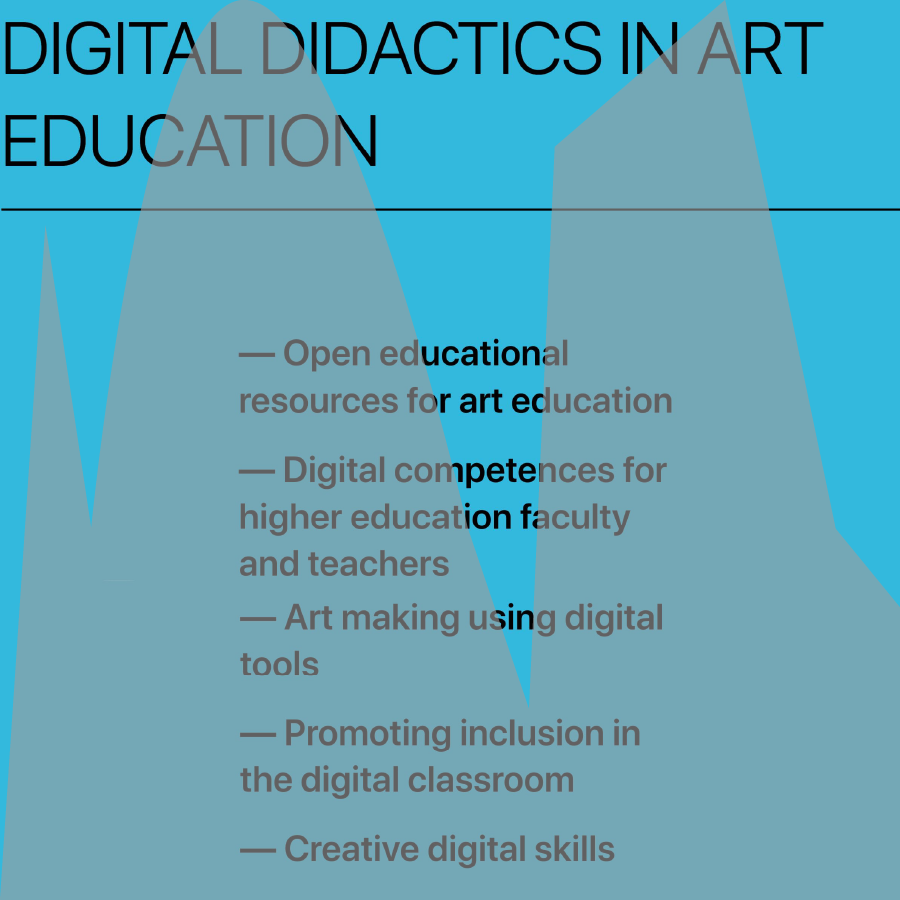 “>
“>
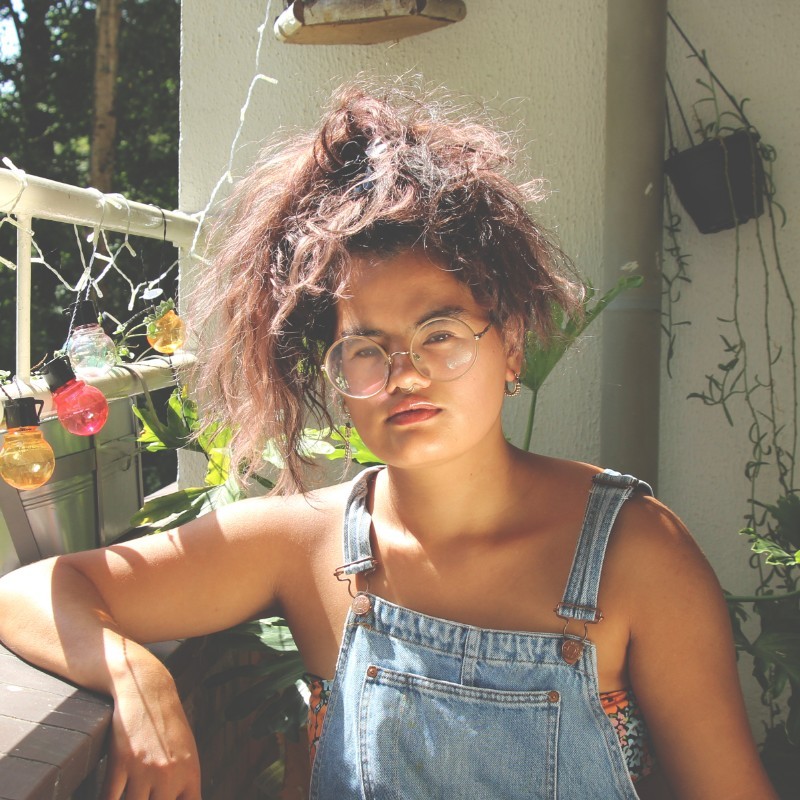 “>
“>
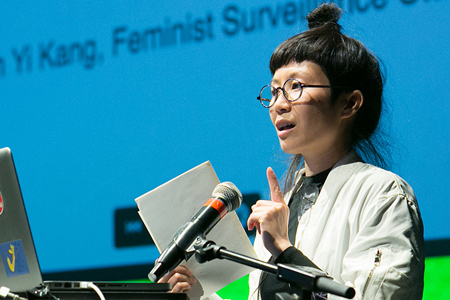 “>
“>
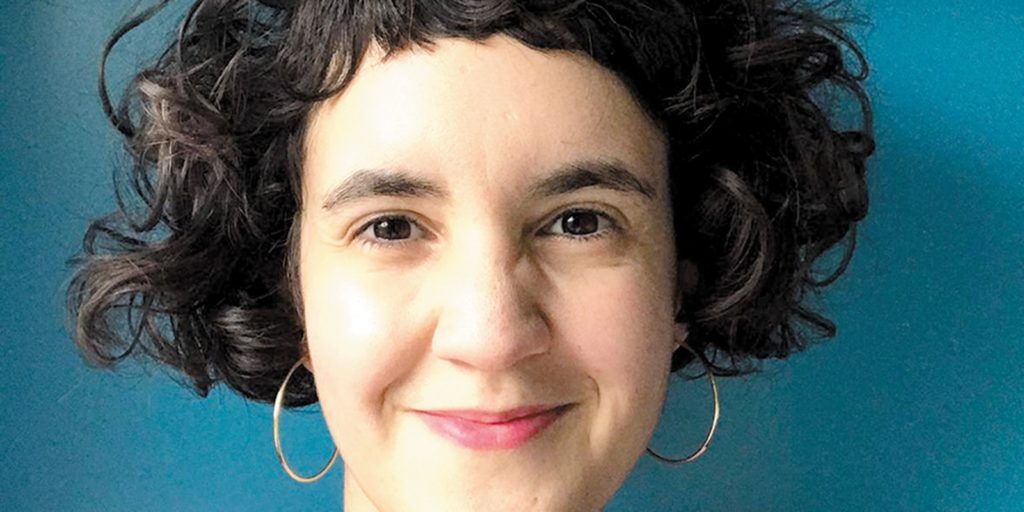 “>
“>
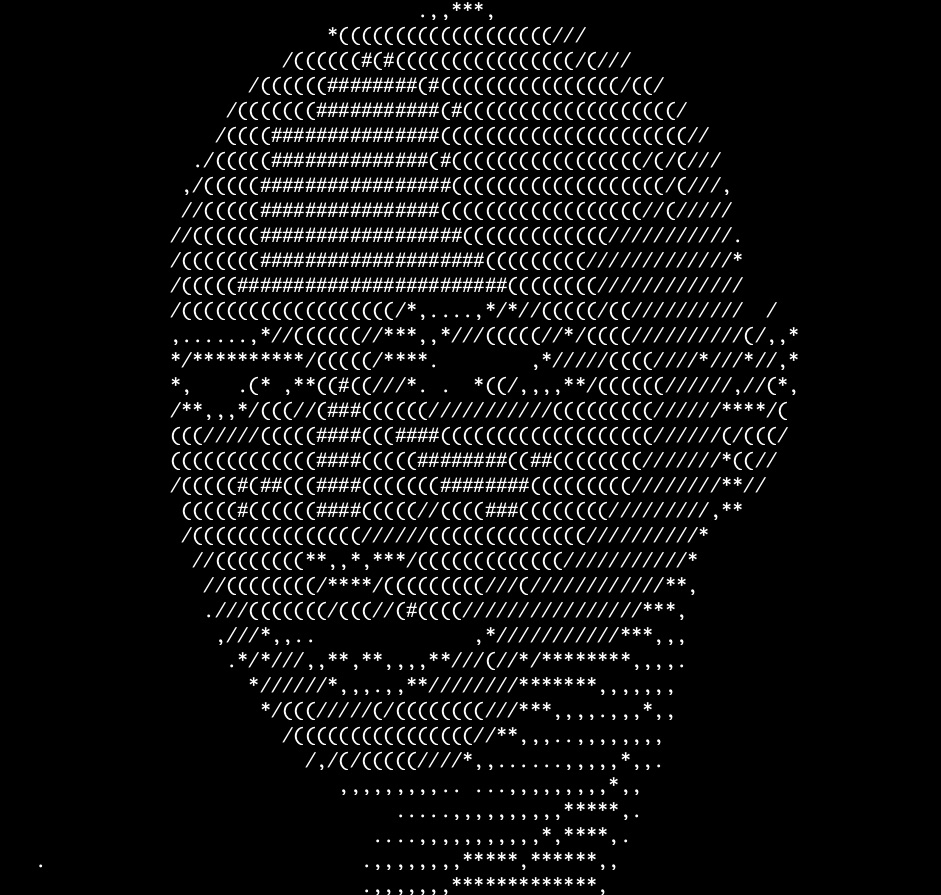 “>
“>
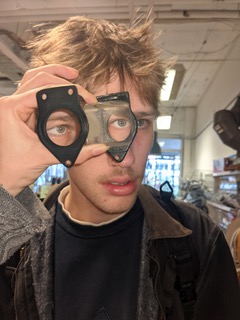 “>
“>
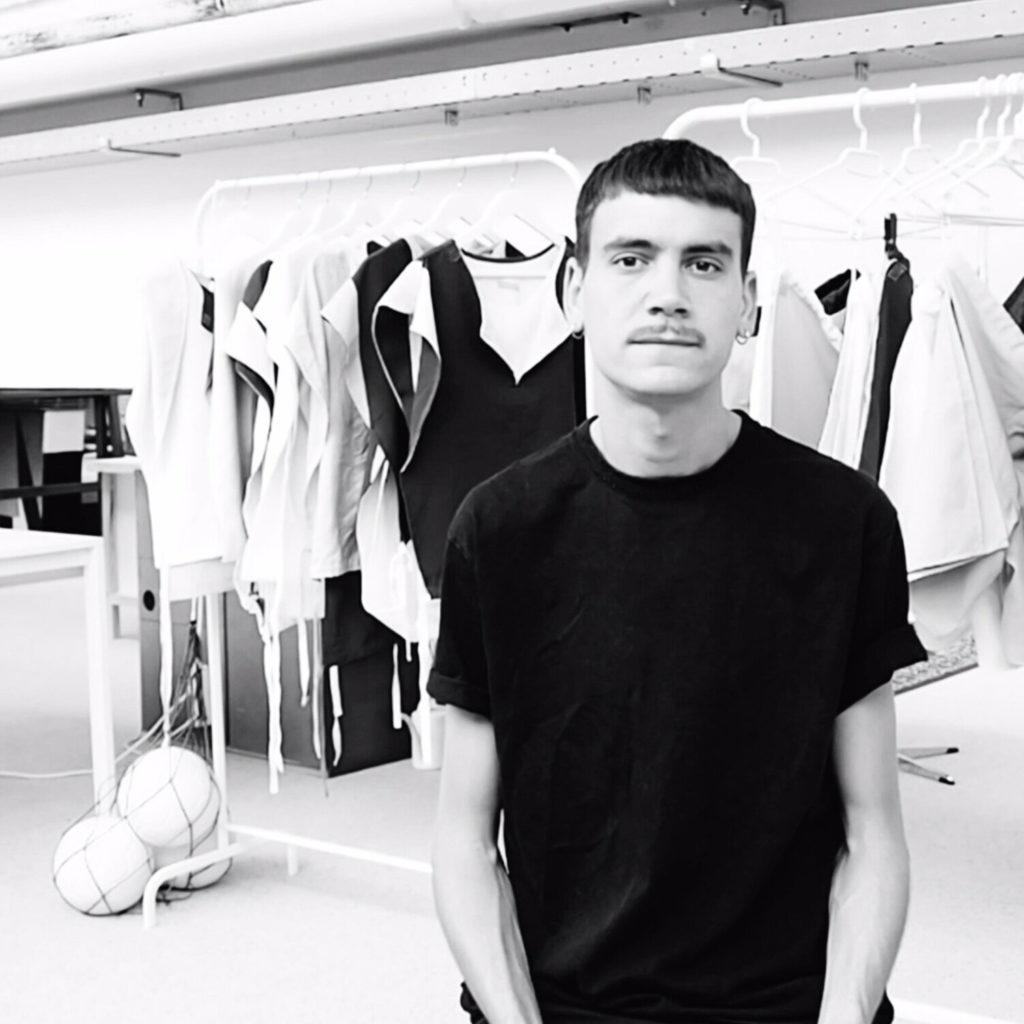 “>
“>
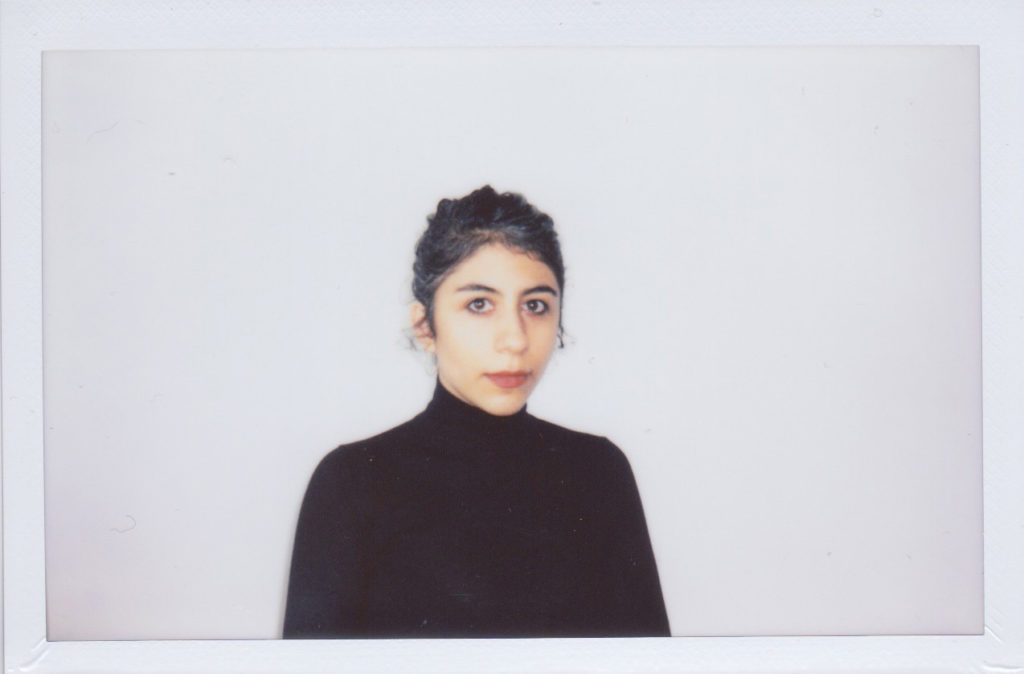 “>
“>
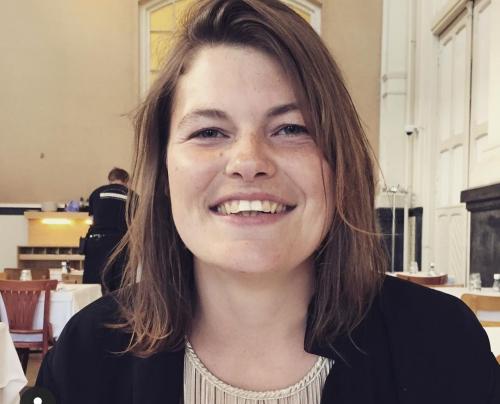 “>
“>
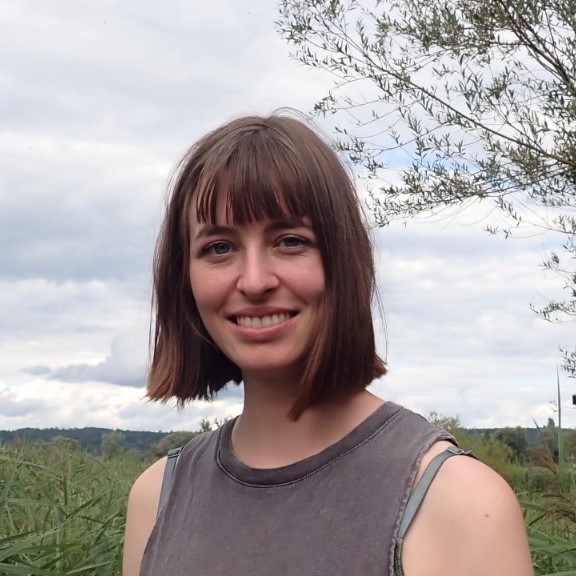 “>
“>
 “>
“>
 “>
“>
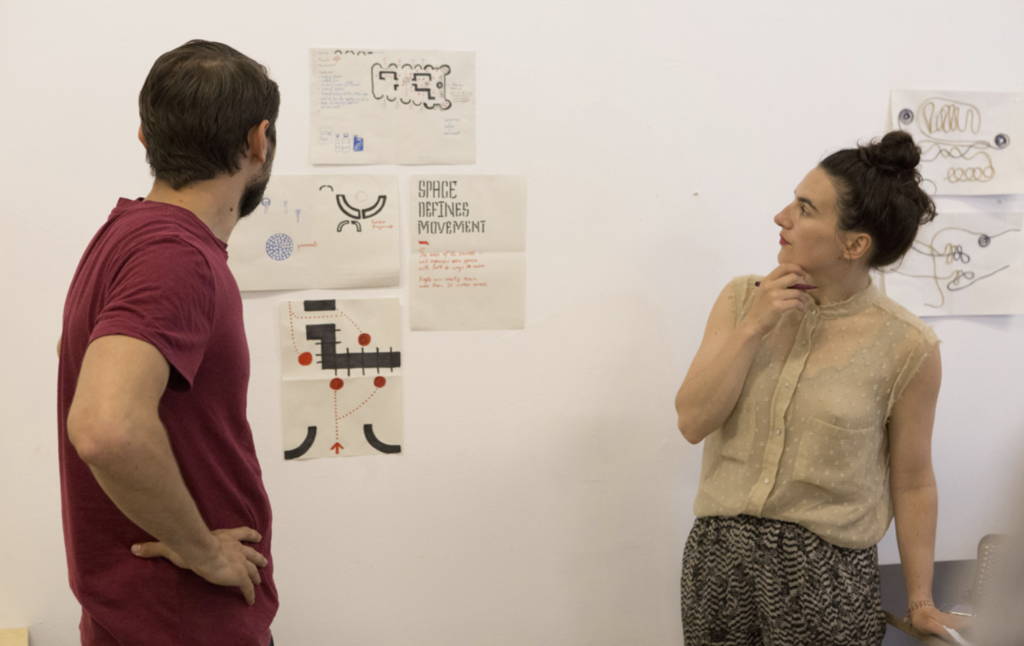 “>
“>
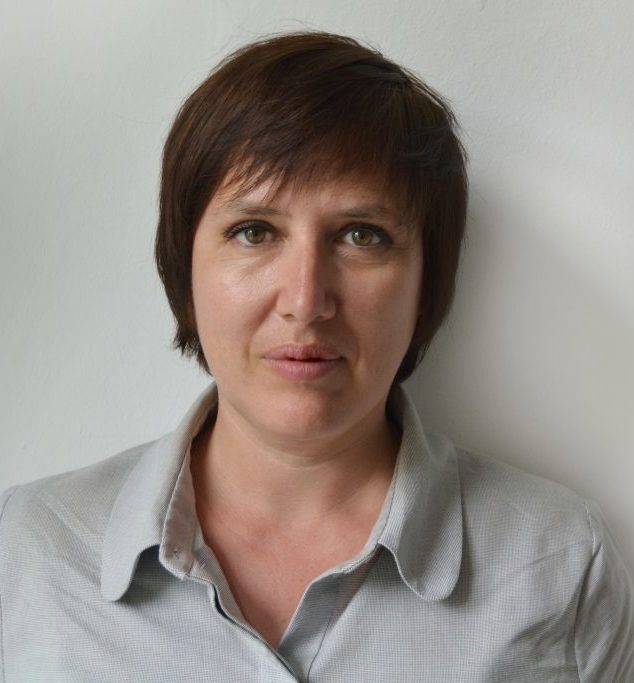 “>
“>
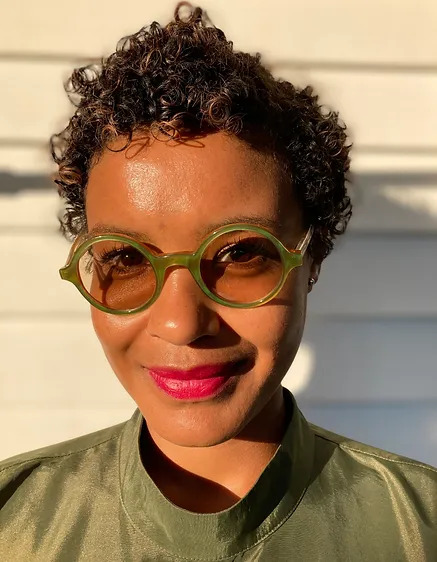 “>
“>
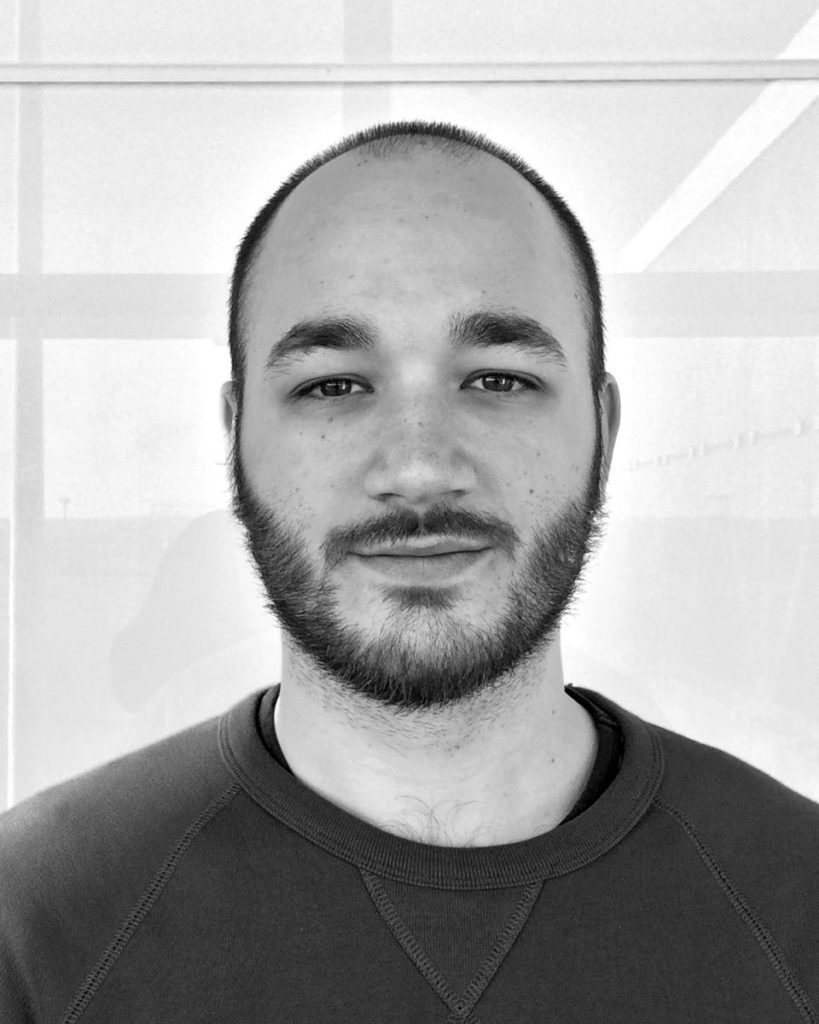 “>
“>
 “>
“>
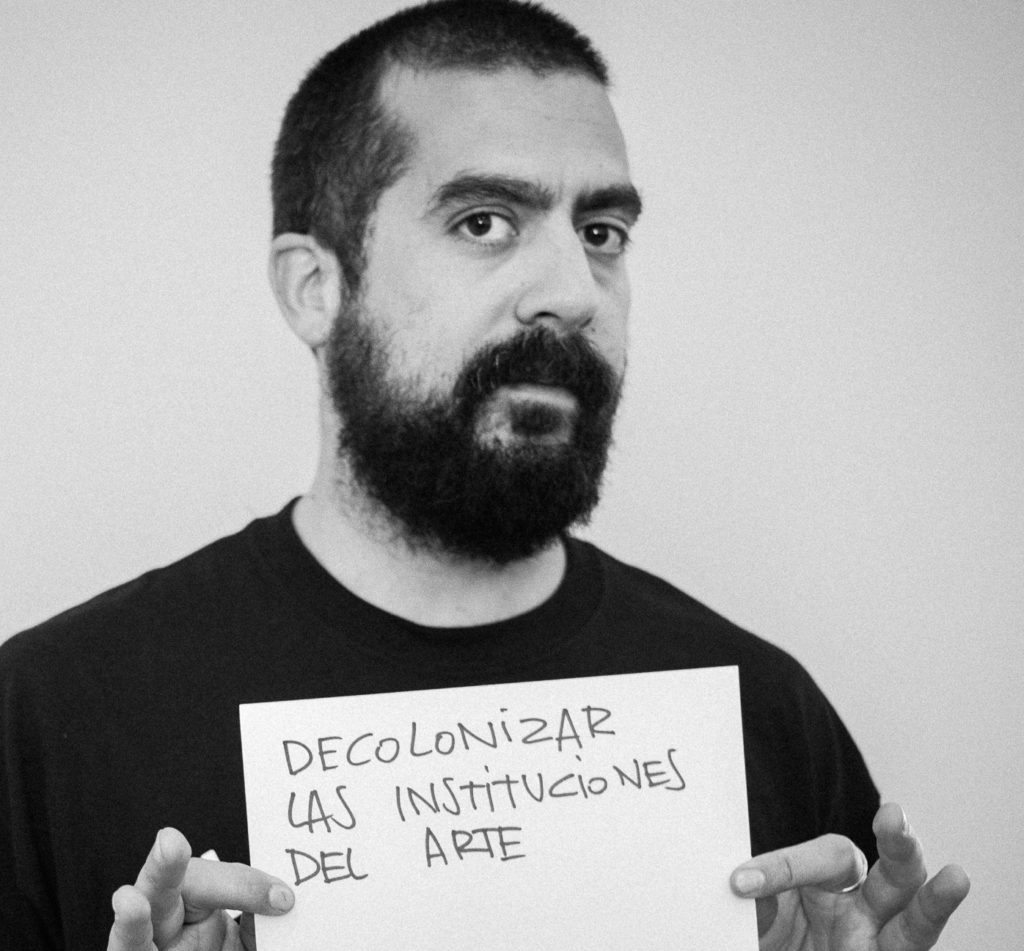 “>
“>
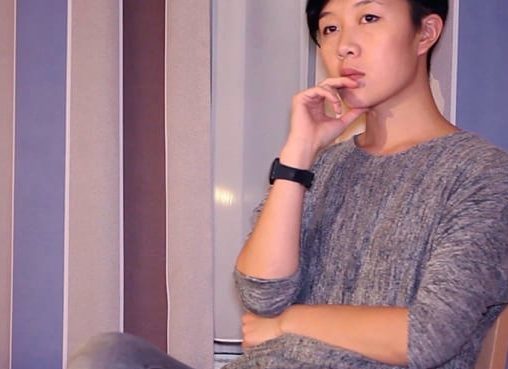 “>
“>
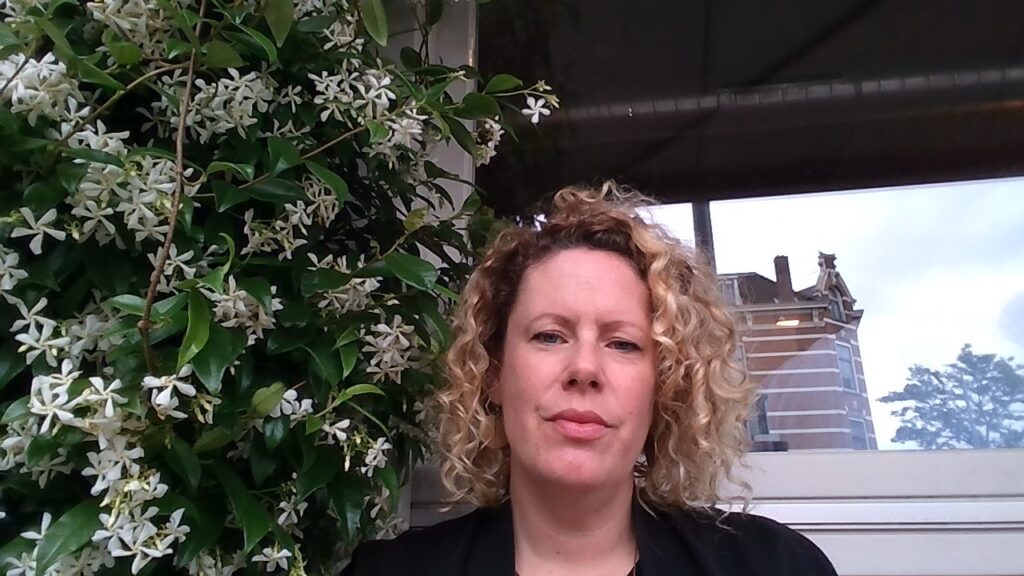 “>
“>
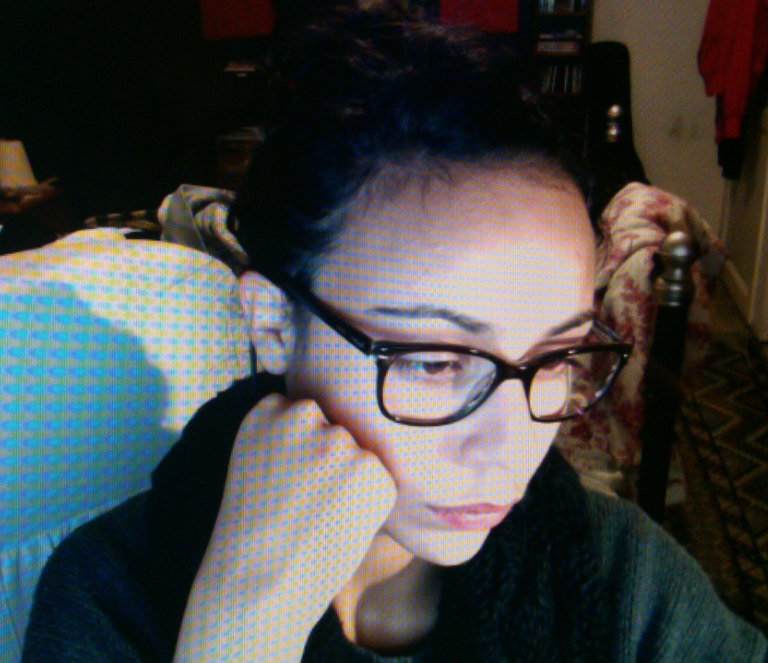 “>
“>
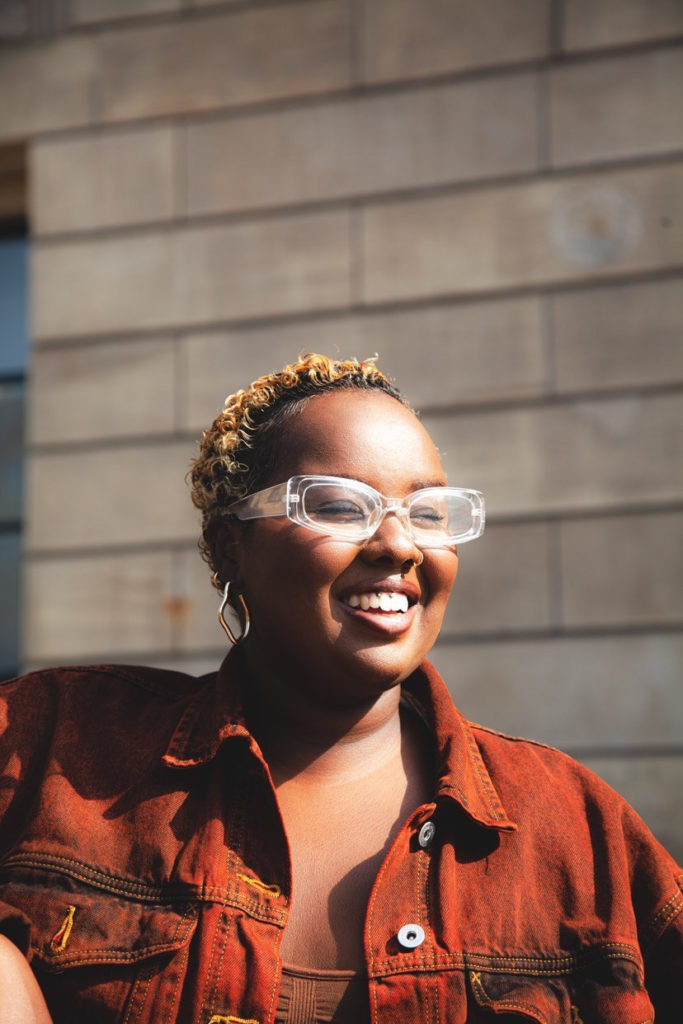 “>
“>
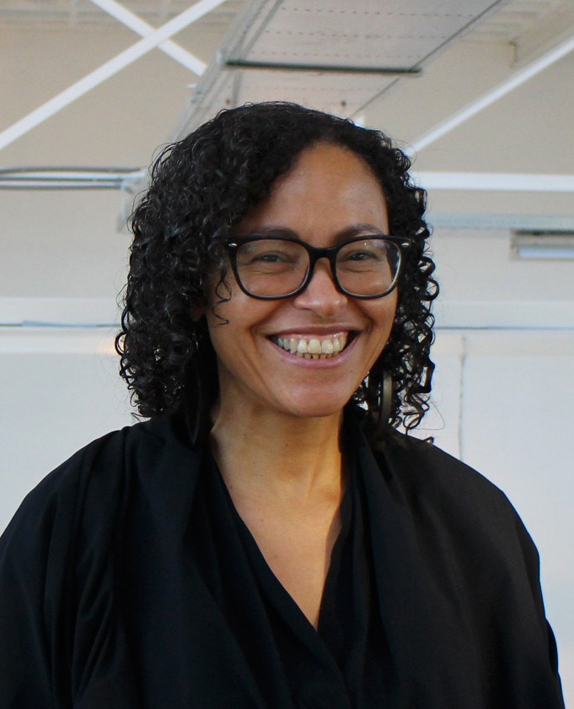 “>
“>
 “>
“>